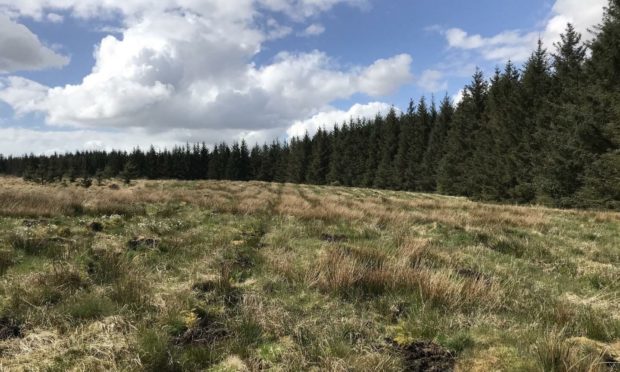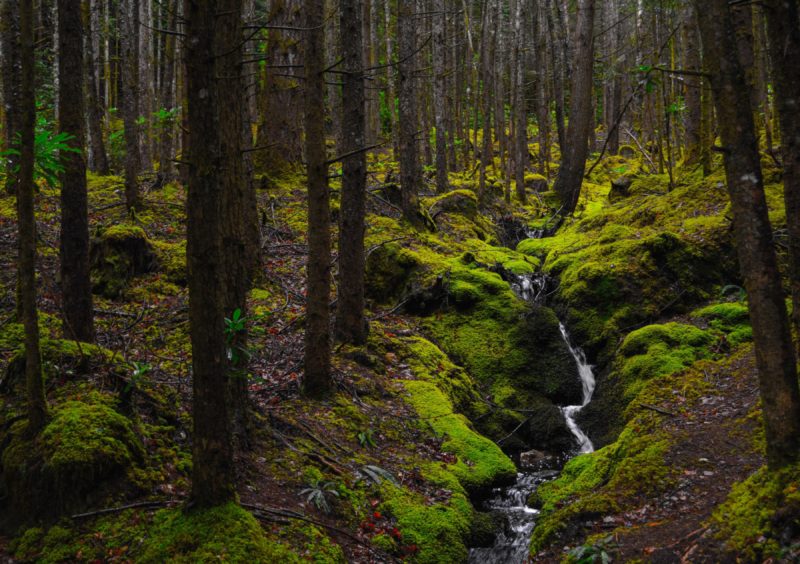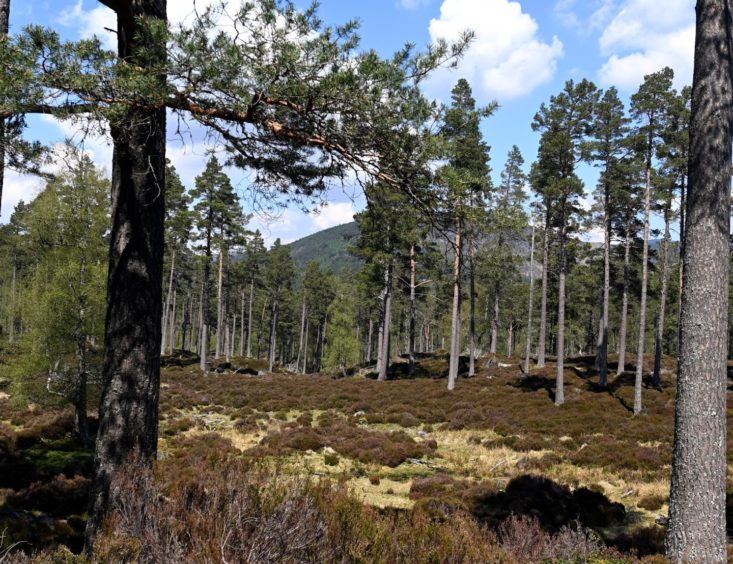The Scottish landscape is being seen with new eyes.
Investors and land specialists are looking at how moorlands and arable land can be used to plant sustainable forests – creating a carbon sink, as well as a source of timber and space for tourism and recreation.
Land has traditionally been cheaper in Scotland than in its neighbouring countries but this is set to change.
Carbon, sequestered to become the basis of an offset that can be used and traded to reach net-zero on a carbon balance sheet, is becoming a major factor underpinning land prices.
Net-zero offsets
Further to this, the Scottish Government has set out ambitious plans to establish around 7,400-12,350 acres per year of new native woodland in order to meet net-zero targets. Private investment will be key to this.
These issues and more will be the subject of The Press and Journal’s next Business Breakfast on September 24. An expert panel will be led by Don Macleod, partner at land and property at law firm Turcan Connell.
Mr Macleod acts for a number of significant landed estates throughout Scotland and a number of forestry investors, both private wealth and institutional.
Carbon contracts
He is also heavily involved in advising on the legal aspects of carbon contracts. This gives him a unique insight into the trends facing investors and landowners alike.
“Carbon is underpinning rural land values in many cases and the price of land on which trees may be planted has increased significantly”, Mr Macleod said.
He added: “The tree planting market and commercial forestry market is heavily influenced by investment funds with significant resources.”
Change in land use can be an emotive issue as competition heats the market – Mr Macleod pointed out that some traditional farms are being put to use for tree planting.
However, the market for carbon is in flux as global investors grapple with environmental, social, and governance (ESG) requirements, and the value and quality of carbon offsets changes.
Mr Macleod said: “The price of UK carbon has increased significantly over the past couple of years, but many say it could increase dramatically over the short to medium term.
“Nevertheless, there are great opportunities for owners of land to look at this as a means of generating income.”
Mr Macleod will be joined on the panel by David Robertson, investment and business development director for Scottish Woodlands.
Scottish Woodlands is a leading forestry management company with a long tradition of serving forest owners and investors in Scotland and the rest of the UK.
Originally established as a woodland owner’s co-operative, its history can be traced back over 75 years.
Mr Robertson works daily with professional advisors, agents and a variety of other partners to find, place and secure a range of forestry and land subjects on behalf of private, corporate and institutional clients.
Together, the panelists have spoken at global conferences highlighting the drivers of forestry investment and the performance of the forestry sector as an asset class.
The Press and Journal Business Breakfast, brought to you in association with Turcan Connell, is a free virtual event.
An event website has been launched and viewers are urged to register to attend at www.pandjbreakfast.co.uk





